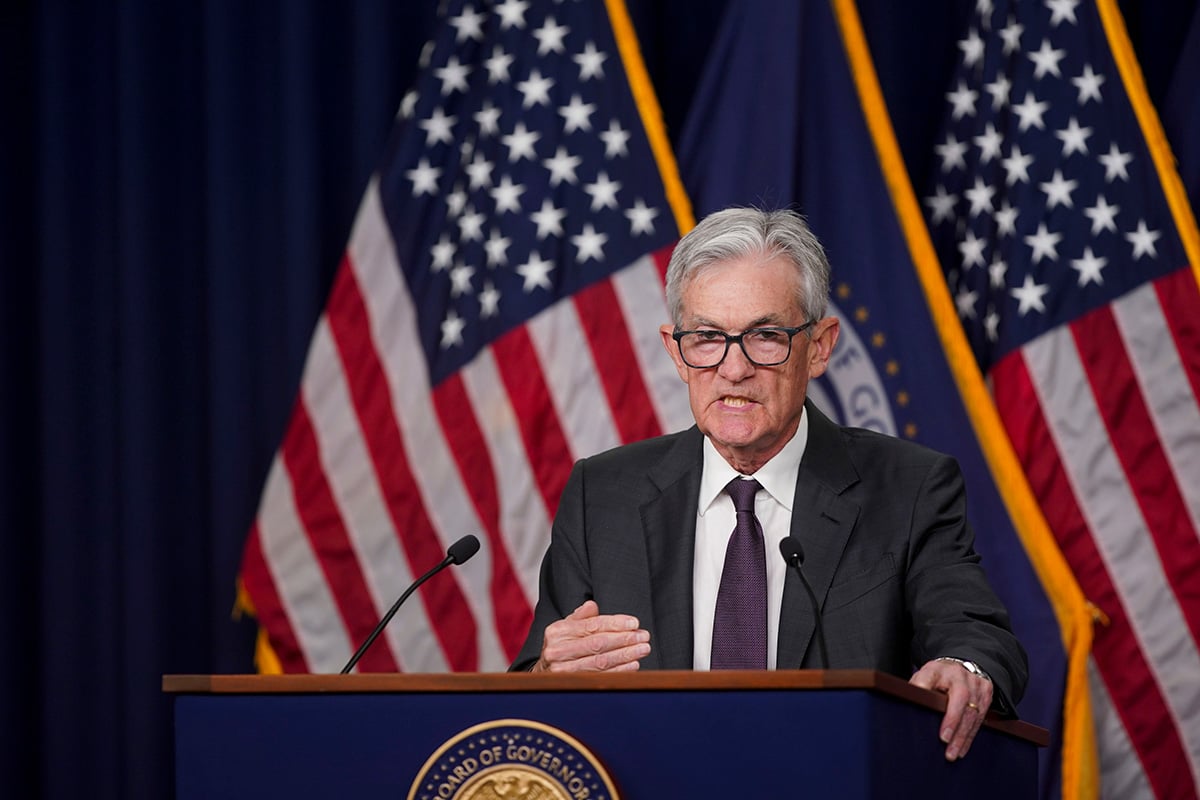Fighting across Iraq, Libya, Ukraine and Gaza, and an accelerating economy, should mean higher oil prices. Yet crude is falling.
Six years ago, oil soared to a record $147 a barrel as tension mounted over Iran's nuclear program and the world economy had just seen the strongest period of sustained growth since the 1970s. Now, West Texas Intermediate, the U.S. benchmark price, has traded below $100 for 10 days and Brent, the European equivalent, tumbled to a 13-month low.
What's changed is the shale fracking boom. The U.S. is pumping the most oil in 27 years, adding more than 3 million barrels of daily supply since 2008. The International Energy Agency said yesterday that a supply glut is shielding the market from disruptions. Bank of America Corp., Citigroup Inc. and BNP Paribas SA concur.
Complete your profile to continue reading and get FREE access to Treasury & Risk, part of your ALM digital membership.
Your access to unlimited Treasury & Risk content isn’t changing.
Once you are an ALM digital member, you’ll receive:
- Thought leadership on regulatory changes, economic trends, corporate success stories, and tactical solutions for treasurers, CFOs, risk managers, controllers, and other finance professionals
- Informative weekly newsletter featuring news, analysis, real-world case studies, and other critical content
- Educational webcasts, white papers, and ebooks from industry thought leaders
- Critical coverage of the employee benefits and financial advisory markets on our other ALM sites, PropertyCasualty360 and ThinkAdvisor
Already have an account? Sign In Now
*May exclude premium content© 2025 ALM Global, LLC, All Rights Reserved. Request academic re-use from www.copyright.com. All other uses, submit a request to [email protected]. For more information visit Asset & Logo Licensing.





